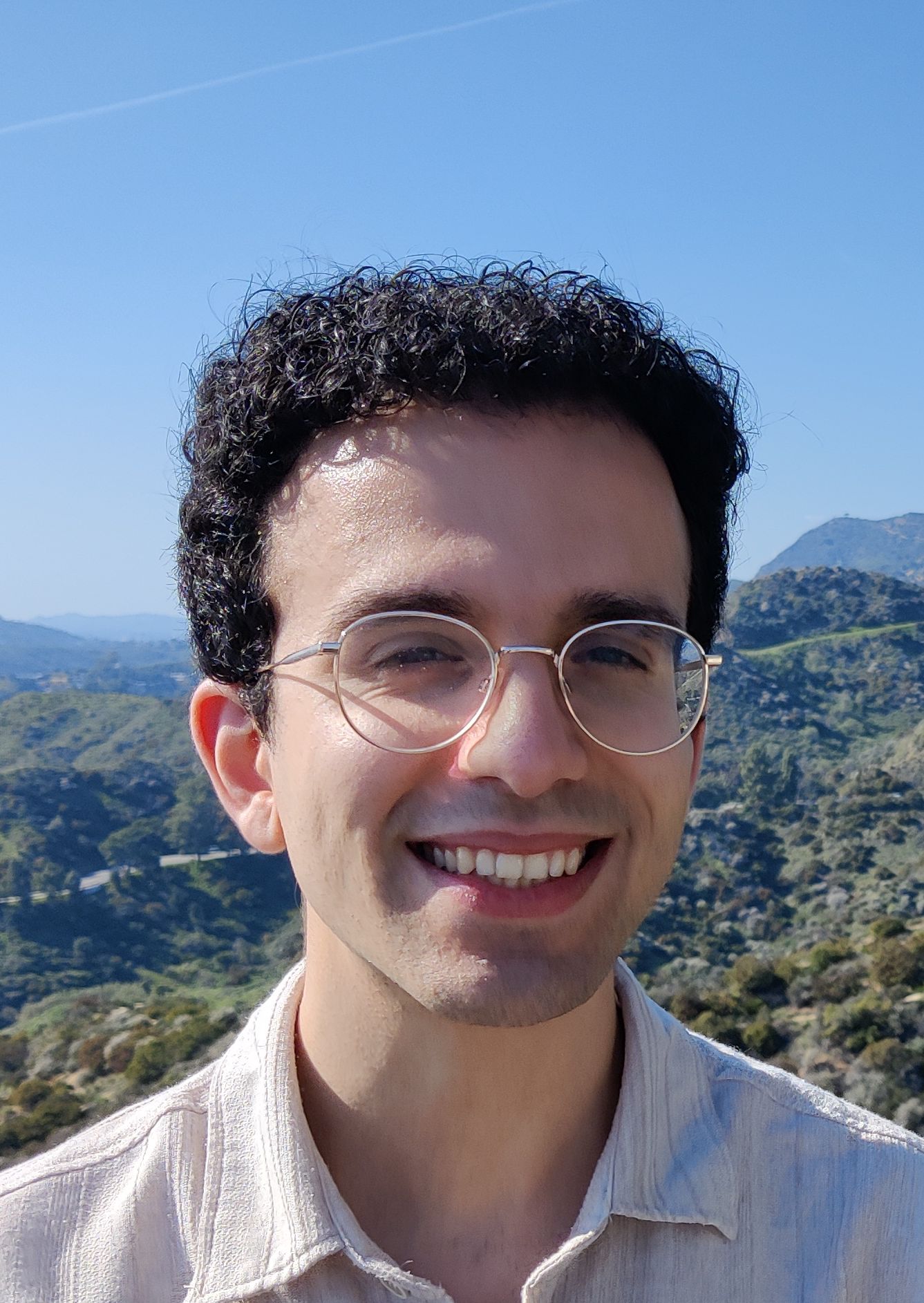News
Nadia Haider receives the ERC Starting Grant
- Thursday, 4 September 2025
Multi-Chip 0- π Qubit Distribution: A Feasible Frontier in Quantum Computing?
Nadia Haider, Assistant Professor in the Department of Microelectronics (MS3group) and Group Leader at QuTech, is pushing the boundaries of what’s possible with superconducting qubits—one of the most promising platforms for quantum computation. With her project MCOPI, she will tackle one of their greatest obstacles: sensitivity to environmental noise.
At the heart of her approach is the 0-π qubit, a design that offers intrinsic protection against decoherence. Although early prototypes have shown potential, a fully protected “hard” 0-π qubit has yet to be realized.
To bridge this gap, Nadia’s research will probe the underlying decoherence mechanisms, refine qubit designs for greater stability, and develop advanced packaging and interconnect technologies that enable seamless linking of qubits across chips.
Her vision is to establish a noise-resilient platform that could form the basis of scalable quantum processors. “Quantum technology has the potential to revolutionize computing, communication, and sensing,” Nadia says. “With this project, I aim to develop qubits that are inherently robust, paving the way toward practical large-scale quantum computers.”

News

Nadia Haider receives the ERC Starting Grant
The European Research Council (ERC) has announced the ERC Starting Grants for young researchers. Five of them are scientists from TU Delft.

PhD Imad Bellouki received a Mosaic 2.0 scholarship (NWO)
Imad Bellouki(EI) has received a Mosaic 2.0 scholarship from the Dutch Research Council (NWO).